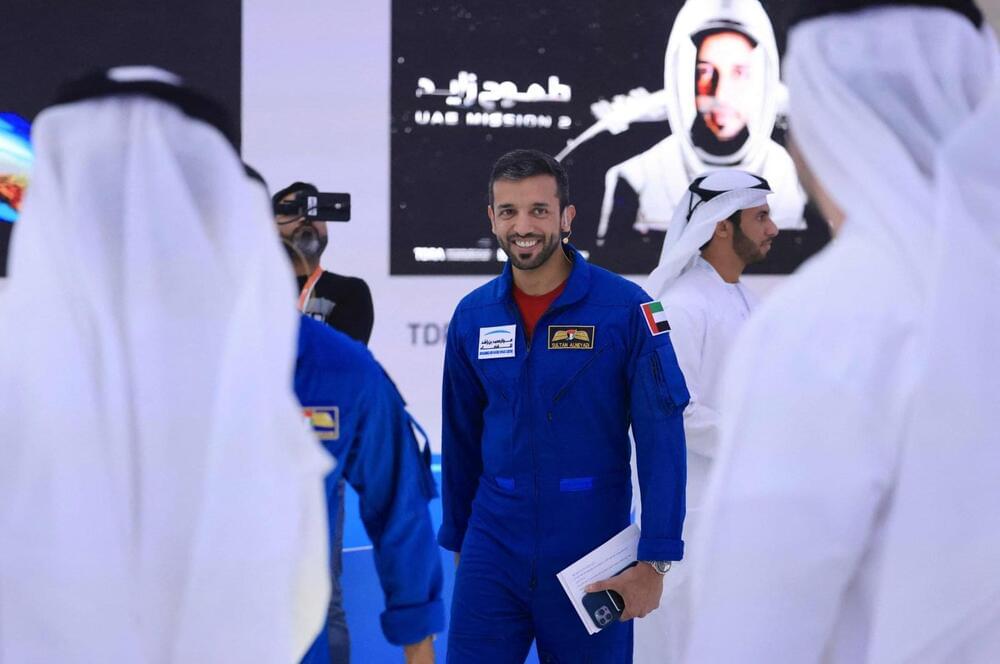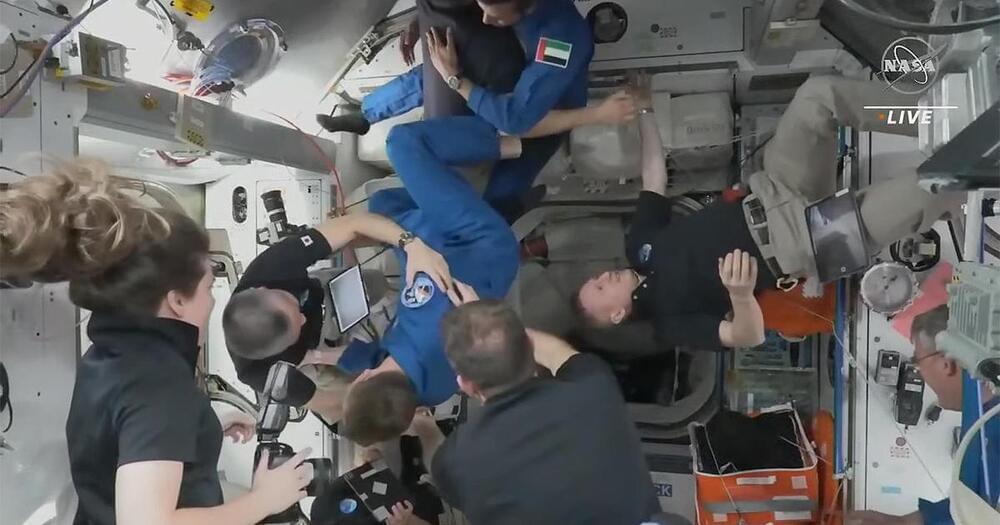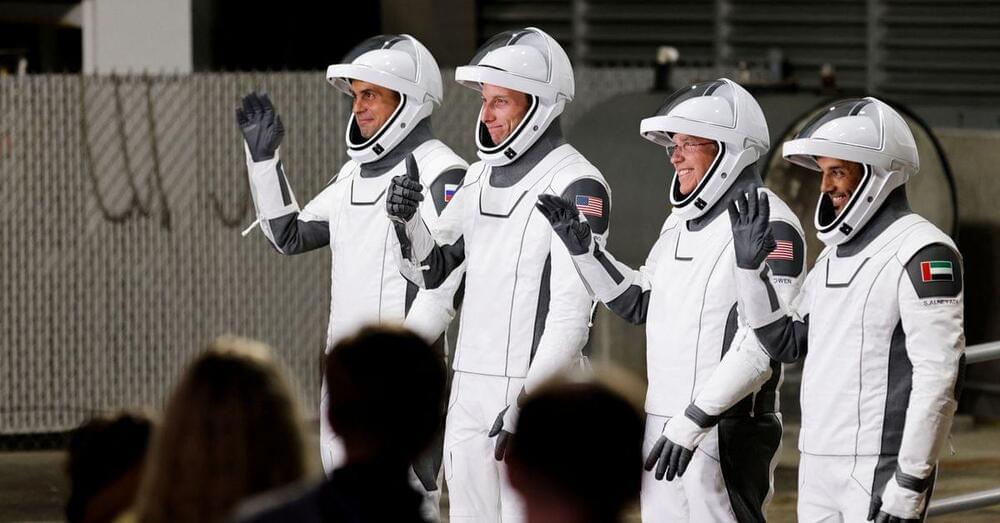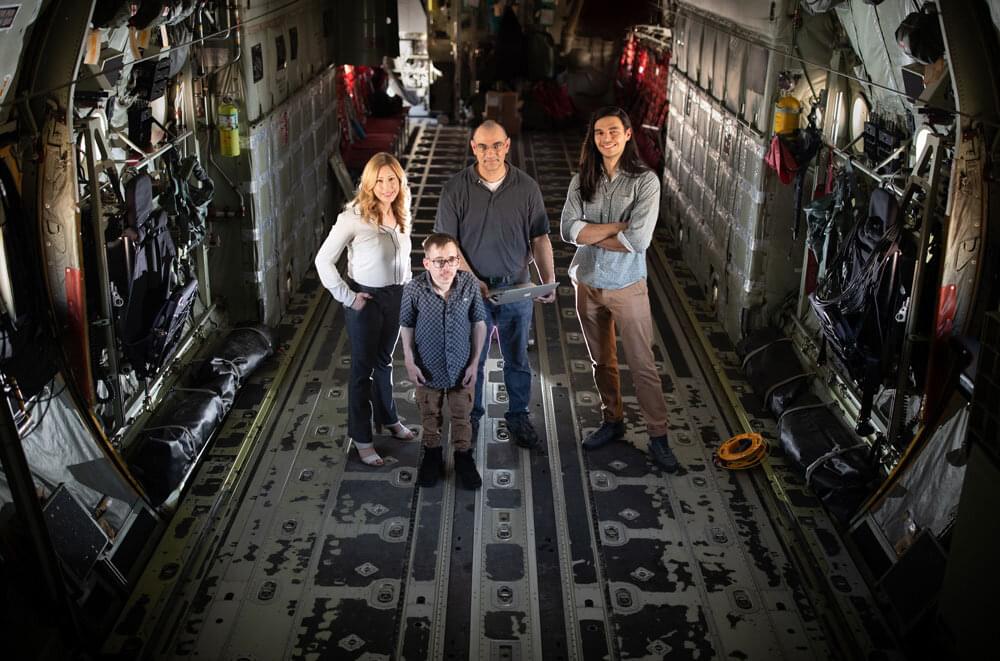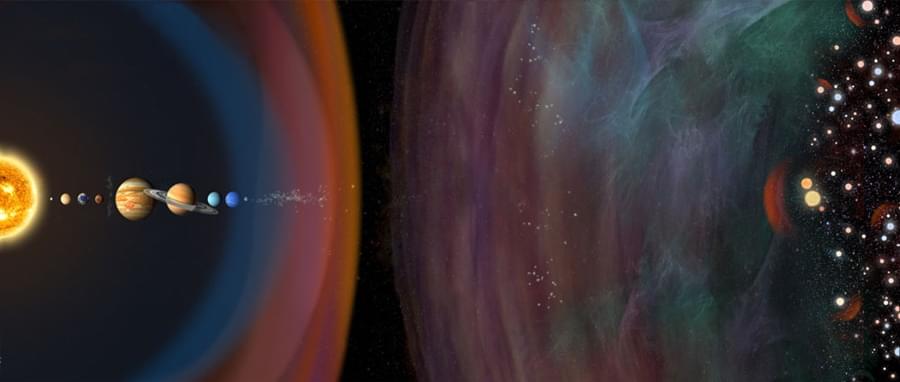FULL AudioBook | GreatestAudioBooks | Science Fiction / Fantasy — Early victories by the USSR in a global nuclear war cause the United Nations government to retreat to the moon leaving behind troops and fierce autonomous robots called “Claws”, which reproduce and redesign themselves in unmanned subterranean factories. After six bloody years of conflict the Soviets call for an urgent conference and UN Major Joseph Hendricks sets out to meet them. Along the way he will discover what the Claws have been up to, and it isn’t good… — Second Variety was first published in the May 1953 edition of Space Science Fiction Magazine. (Summary by Gregg Margarite)
About the Author, Philip K. Dick:
Philip Kindred Dick (December 16, 1928 – March 2, 1982) was an American writer notable for publishing works of science fiction. Dick explored philosophical, social, and political themes in novels with plots dominated by monopolistic corporations, authoritarian governments, alternate universes, and altered states of consciousness. His work reflected his personal interest in metaphysics and theology, and often drew upon his life experiences in addressing the nature of reality, identity, drug abuse, schizophrenia, and transcendental experiences.
Born in Illinois before moving to California, Dick began publishing science fiction stories in the 1950s, initially finding little commercial success. His 1962 alternate history novel The Man in the High Castle earned Dick early acclaim, including a Hugo Award for Best Novel. He followed with science fiction novels such as Do Androids Dream of Electric Sheep? (1968) and Ubik (1969). His 1974 novel Flow My Tears, the Policeman Said won the John W. Campbell Memorial Award for best novel. Following a series of religious experiences in February–March 1974, Dick’s work engaged more explicitly with issues of theology, philosophy, and the nature of reality, as in such novels as A Scanner Darkly (1977) and VALIS (1981). A collection of his non-fiction writing on these themes was published posthumously as The Exegesis of Philip K. Dick (2011). He died in 1982 of a stroke, aged 53.
In addition to 44 published novels, Dick wrote approximately 121 short stories, most of which appeared in science fiction magazines during his lifetime. A variety of popular films based on his works have been produced, including Blade Runner (1982), Total Recall (1990), Minority Report (2002), A Scanner Darkly (2006), Paycheck (2003), Next (2007), and The Adjustment Bureau (2011). In 2005, Time magazine named Ubik one of the hundred greatest English-language novels published since 1923. [6] In 2007, Dick became the first science fiction writer to be included in The Library of America series. (Summary adapted from Wikipedia.org — Attribution: https://en.wikipedia.org/w/index.php?title=Philip_K._Dick&action=history)
► For FREE SPECIAL AUDIOBOOK OFFERS & MORE:
http://www.GreatestAudioBooks.com.
► Friend Us On FACEBOOK:
